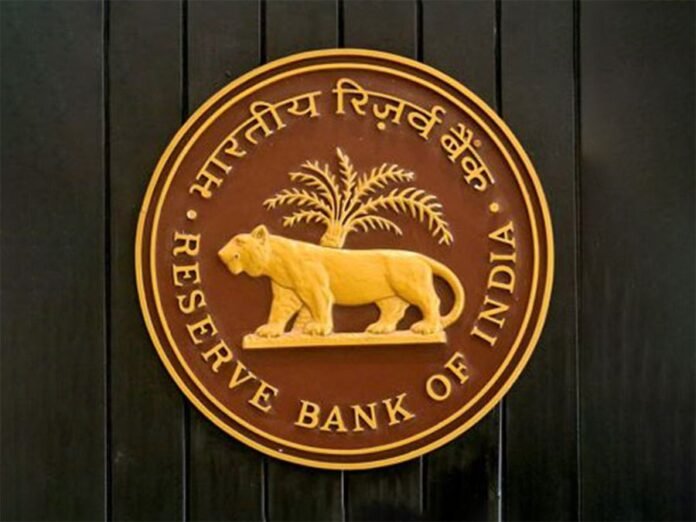The Reserve Bank of India (RBI) just made it easier for people to jump into the stock market. On October 2, the central bank bumped up the lending limit for financing Initial Public Offers (IPOs) from Rs 10 lakh to Rs 25 lakh per individual. This move aims to draw more investors into capital markets and boost liquidity.
RBI also increased the cap on loans against shares (LAS) from Rs 20 lakh to Rs 1 crore. These changes should spark greater involvement from high net worth individuals (HNIs) in equity markets and the primary market for new stock listings.
The higher limits now extend to units of Real Estate Investment Trusts (REITs) and Infrastructure Investment Trusts (InvITs), giving investors more options. “Loans against shares and IPO financing have been around for years but weren’t updated in a long time. It’s only natural to revise them now,” said RBI Governor Sanjay Malhotra. He noted that the last tweak to the LAS limit happened back in 1998, and with inflation in mind, this hike isn’t a huge leap.
This announcement hits at a perfect time, with the primary market heating up. Major IPOs on the horizon, like those from Reliance Jio, Tata Capital, and LG Electronics, could see stronger subscriptions from HNIs thanks to these relaxed rules.
RBI went further by proposing to scrap the ceiling on loans against listed debt securities, which hands banks more flexibility to help investors. The bank also eased norms for external commercial borrowings, opening the door to a wider pool of borrowers and lenders.
For non-banking financial companies (NBFCs), RBI lowered risk weights on infrastructure lending and housing finance for active projects. After a pause of over 20 years, the central bank plans to restart licensing for new urban cooperative banks.
To cut red tape, RBI will bundle more than 250 regulatory guidelines into simpler master directions, easing compliance costs for everyone. It relaxed rules on transaction accounts and gave exporters extra time to bring funds back from IFSC accounts.
In trade finance, RBI now allows a six-month forex window for merchanting trade transactions—where Indian firms act as middlemen for goods shipped between foreign countries. Plus, special rupee Vostro accounts can now fund investments in corporate bonds and commercial papers.
Finally, the Integrated Ombudsman Scheme will extend to state and district cooperative banks, making grievance redressal smoother.
Overall, these steps from RBI promise better credit access, smoother liquidity in markets, and more ways for everyday investors and businesses to get involved in India’s growing economy.
Stay informed on all the latest news, real-time breaking news updates, and follow all the important headlines in world News on Latest NewsX. Follow us on social media Facebook, Twitter(X), Gettr and subscribe our Youtube Channel.



